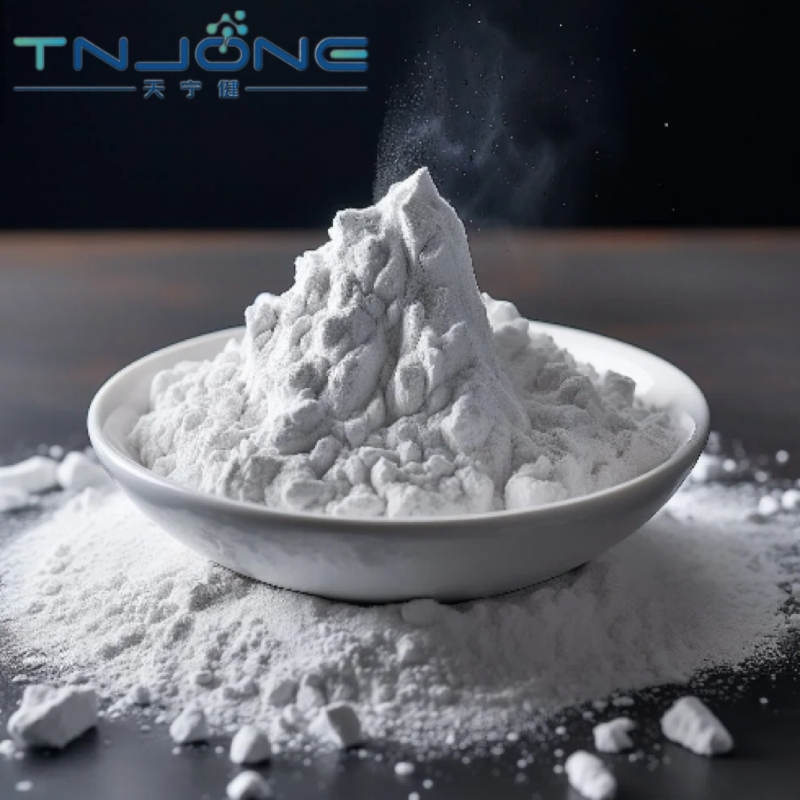-
Categories
-
Pharmaceutical Intermediates
-
Active Pharmaceutical Ingredients
-
Food Additives
- Industrial Coatings
- Agrochemicals
- Dyes and Pigments
- Surfactant
- Flavors and Fragrances
- Chemical Reagents
- Catalyst and Auxiliary
- Natural Products
- Inorganic Chemistry
-
Organic Chemistry
-
Biochemical Engineering
- Analytical Chemistry
-
Cosmetic Ingredient
- Water Treatment Chemical
-
Pharmaceutical Intermediates
Promotion
ECHEMI Mall
Wholesale
Weekly Price
Exhibition
News
-
Trade Service
Title: Applications of HBT in the Chemical Industry: Enhancing Efficiency and Sustainability
Abstract:
The chemical industry has long been a major contributor to the global economy, providing essential products for various industries such as pharmaceuticals, food and beverage, and personal care.
However, the industry is also notorious for its high energy consumption and environmental impact.
This has prompted the search for more sustainable and efficient technologies to reduce costs and minimize the environmental footprint of chemical production.
One such technology is the high-pressure boiler tube (HBT), which has a variety of applications in the chemical industry.
This article will explore the various applications of HBT in the chemical industry and how they can help to enhance efficiency and sustainability.
Introduction:
The chemical industry is a vital part of the global economy, providing essential products for various industries.
However, it is also known for its high energy consumption and environmental impact.
The industry is constantly looking for more sustainable and efficient technologies to reduce costs and minimize the environmental footprint of chemical production.
One such technology is the high-pressure boiler tube (HBT), which has a variety of applications in the chemical industry.
HBTs are designed to operate at high pressures, providing a compact and energy-efficient solution for a variety of applications.
They are made from high-quality materials and are designed to withstand the harsh conditions of chemical processing.
HBTs can be used in a wide range of chemical processes, including the production of chlorine, caustic soda, and other chemicals.
Applications of HBT in the chemical industry:
- Chlorine production:
Chlorine is a vital component in the production of various chemicals, including plastics, pharmaceuticals, and personal care products.
HBTs can be used in the production of chlorine by electrolysis of brine, which involves passing an electric current through brine to produce chlorine gas.
HBTs can be used in the electrolysis process, which reduces the energy consumption and increases the efficiency of the process. - Caustic soda production:
Caustic soda is used in a variety of applications, including the production of paper, soaps, and detergents.
HBTs can be used in the production of caustic soda by the chlor-alkali process, which involves the electrolysis of sodium chloride to produce caustic soda and chlorine gas.
HBTs can be used in the electrolysis process, which increases the efficiency of the process and reduces the energy consumption. - Ammonia production:
Ammonia is used in the production of fertilizers, pharmaceuticals, and other chemicals.
HBTs can be used in the production of ammonia by the Haber process, which involves the reaction of nitrogen gas and hydrogen gas to produce ammonia.
HBTs can be used to heat and pressurize the reactants, which increases the efficiency of the process and reduces the energy consumption. - Hydrogen production:
Hydrogen is used in a variety of applications, including fuel cells, hydrogenation of fats and oils, and the production of ammonia.
HBTs can be used in the production of hydrogen by the steam-methane reforming process, which involves the reaction of steam and methane to produce hydrogen and carbon dioxide.
HBTs can be used to heat and pressurize the reactants, which increases the efficiency of the process and reduces the energy consumption.
Conclusion:
The chemical industry is constantly looking for more sustainable and efficient technologies to reduce costs and minimize the environmental footprint of chemical production.
HBTs are one such technology that can be used in a wide range of chemical processes, including the production of chlorine, caustic soda, ammonia, and hydrogen.
HBTs can be used in various chemical processes to increase efficiency and minimize energy consumption, making the production process more sustainable and environmentally friendly.
Additionally, HBTs are made from high-quality materials, which ensures that they can withstand the harsh conditions of chemical processing.







